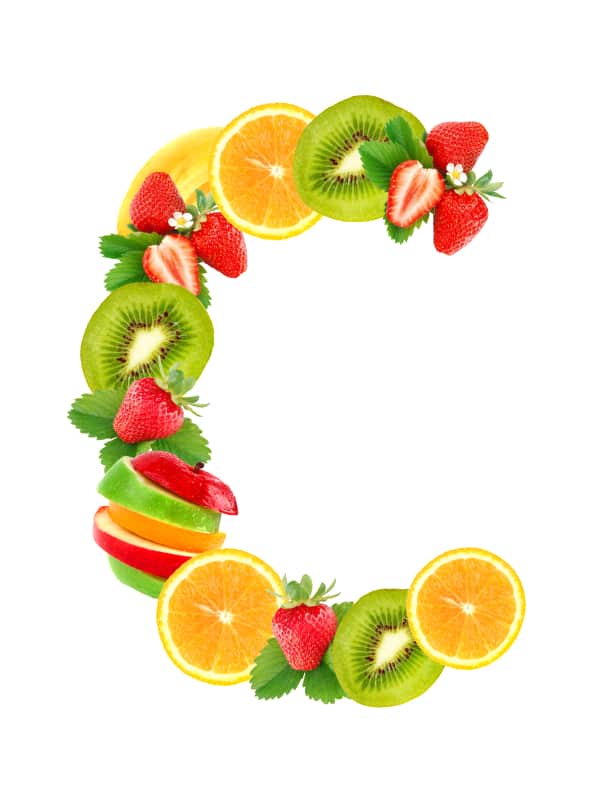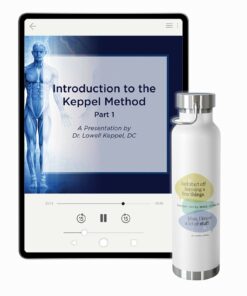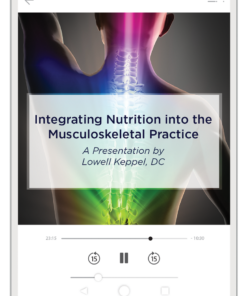It’s the time of year when everyone starts talking and thinking about colds and flu. It’s also the time of year when we start asking ourselves, “Should I get the flu shot?” For me, the answer is no. I don’t get the shot because I’d rather support my immune system’s ability to fight viruses and bacteria with herbs and nutrition.
Many of you will agree to that! So, with the best of intentions, you’ll run to the local vitamin store to stock up on…vitamin C! But whoa, wait a minute—according to the FDA, vitamin C = ascorbic acid. And I’m just not sure I trust these guys. This ascorbic acid = vitamin C scam has been going on since the 1930s.
Vitamin C is a complex. In other words, it’s a complex of other vital ingredients that make the vitamin effective. One of these ingredients is Tyrosinase, a copper enzyme that arms lymphocytes to fight infection and also supports the adrenal glands. Another is vitamin P, or rutin, to strengthen connective tissues like your blood vessels to prevent bursting. The complex also contains vitamin K to promote prothrombin, which helps blood clotting. And J factors along with many unidentified enzymes to comprise the vitamin C complex.
Whole food vitamin C is vital for health. Foods containing the whole vitamin C complex include buckwheat, red potatoes, peppers, citrus fruits, and other vegetables and fruits.
In contrast, the health benefit provided by ascorbic acid is limited. For example, people suffering from colds are too alkaline, and the ascorbic will acidify to some degree—but that’s all. Not only does the ascorbic acid that people are downing by the handful not offer optimum immune support, it can also cause DNA mutation (New York Times, April 9, 1998).
And then there’s this story, from the front page of the UC Berkeley Wellness Letter (August, 1999, Volume 15, Issue 11):
“Nearly all supplement makers buy their raw vitamins from the same handful of giant multinational manufacturers. This fact became clear during the recent scandal about price-fixing among three major manufacturers—Roche, BASF, and Rhone-Poulenc. These three companies produce as much as 90% of the world’s vitamins. Whether your vitamin C pills are ‘brand A’ or ‘brand B,’ for instance, they all contain exactly the same raw material.”
But how, exactly, do these pharmaceutical companies make the vitamin C you consume? They rely on a discovery made in 1933 by Nobel Prize winner Tadeus Reichstein and his colleagues in Zürich. Known as the Reichstein process in chemistry, it’s a combined chemical and microbial method for the production of ascorbic acid from D-glucose that takes place in several steps.
Synthetic Vitamin C Recipe
Have you ever wondered where that ascorbic acid the other vitamin companies use in their so-called “natural formulas” comes from? Well, here’s the recipe. They start with corn syrup, which is nothing more than refined pure corn sugar in the form of a thick, clear syrup. Then they follow these chemical steps:
- Steps 1 through 9 (starch hydrolysis): Cornstarch is broken down into simple sugar (D-glucose) by the action of heat and enzymes.
- Step 10 (hydrogenation): D-Glucose is converted into D-Sorbitol.
- Step 11 (fermentation): D-Sorbitol is converted into L-Sorbose.
- Step 12 (acetonation): Yes, that’s right. They use acetone! L-Sorbose is combined with an acid at low temperatures.
- Step 13 (oxidation): The product is then oxidized with a catalyst, acidified, washed, and dried, forming L-Gluconic Acid.
- Step 14 (hydrolysis): L-Gluconic Acid is treated with hydrochloric acid forming crude ascorbic acid.
- Step 15 (recrystallization): The crude ascorbic acid is filtered, purified and milled into a fine crystalline powder.
Now that you know the truth about vitamin C, do you still want to take your pills?
Standard Process offers an alternative with a whole food vitamin C supplement called Cataplex C. The small amount of ascorbic acid it contains is naturally occurring from the camu camu plant, which is a whole C complex.
Image from iStock/Byrdyak





